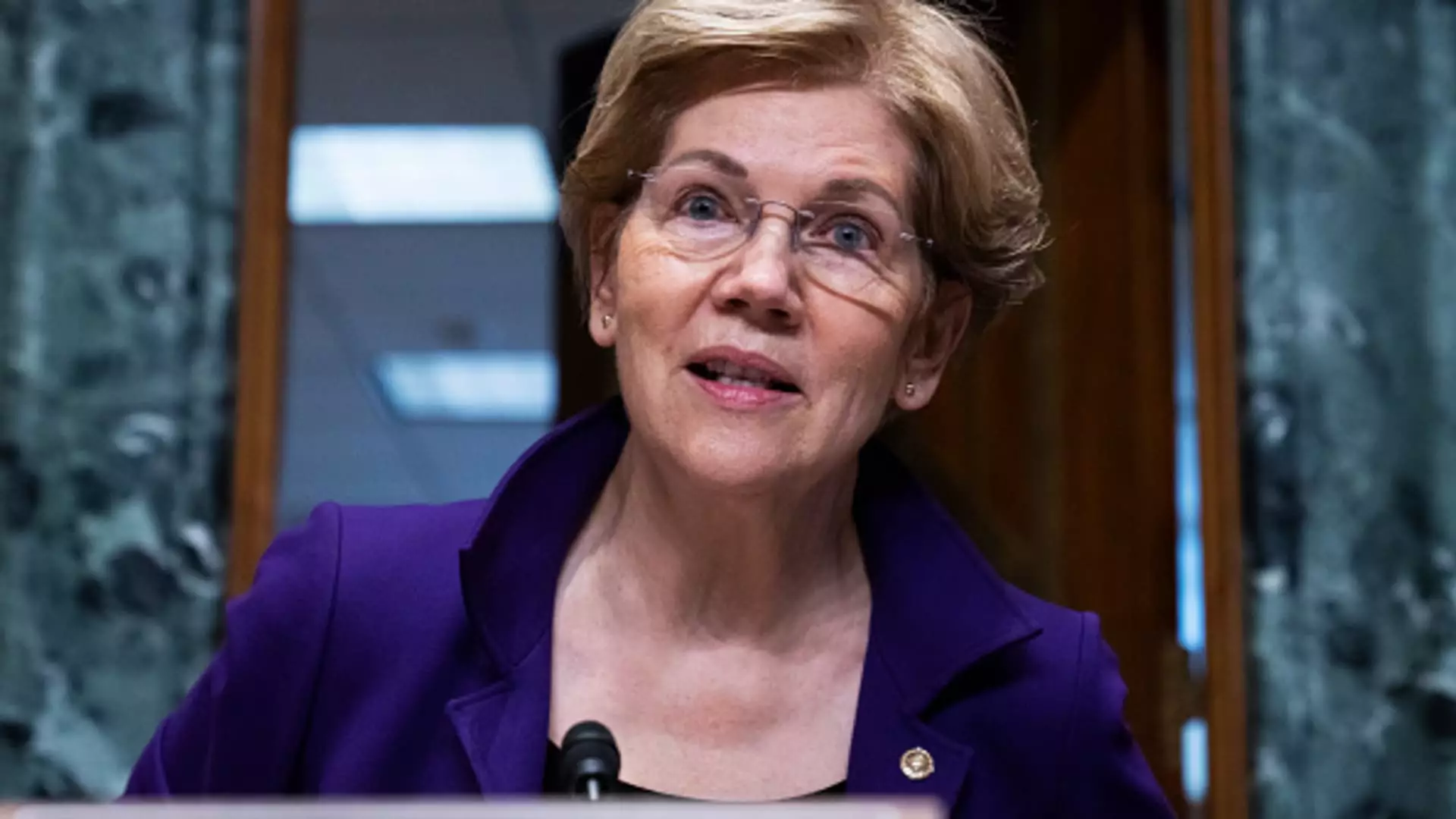The recent transfer of student loan accounts from NelNet to Mohela has sparked a significant crisis in the financial world—one that could have repercussions for millions of borrowers. Lawmakers have expressed grave concerns over the mishandling of these transfers, leading to “millions of consumer credit reporting errors” that jeopardize the financial stability of thousands. This situation highlights the critical need for accountability among loan servicers and the credit reporting industry.
According to investigations prompted by a letter from Senators Elizabeth Warren and Ron Wyden, the transfer created nearly 2 million duplicate student loan records on borrowers’ credit reports. These inaccuracies have hampered borrowers’ credit scores, with some being incorrectly reported for a staggering year and a half. The situation arose, as lawmakers pointed out, due to Mohela’s failure to communicate the loan transfer details to various credit reporting agencies effectively. This communication breakdown resulted in borrowers appearing to owe double the amount they actually did, which is not just an administrative error but a significant financial liability for those affected.
The ramifications of these credit reporting errors are profound. With duplicate loans appearing on credit reports, many borrowers are facing declines in credit scores that impede their ability to secure mortgages, car loans, and other essential credit types. The reported impact includes cases where individuals experienced a fall of more than 20 points in their credit ratings. This decline can be detrimental for borrowers navigating important purchases that rely heavily on creditworthiness. Approximately 7,500 complaints have been lodged by borrowers seeking to rectify these inaccuracies, signaling a widespread crisis that requires urgent intervention.
In their outreach to the Consumer Financial Protection Bureau (CFPB) and the U.S. Department of Education (ED), lawmakers are calling for thorough investigations into the situation. They emphasize the importance of utilizing supervisory and enforcement authority to ensure accountability for the parties involved. Lawmakers argue that it is paramount to protect consumers from errors that could adversely affect their financial futures. This plea for vigilance underscores the necessity for regulatory bodies to take decisive action against the inadequacies demonstrated in the transfer process.
As the landscape of student loan servicing evolves, it is critical for stakeholders to prioritize clear communication and systematic approaches to data management. The recent fiasco illustrates not only the vulnerabilities present within the servicing transition but also the urgent need for improved oversight mechanisms. Moving forward, establishing standardized protocols for transferring account data and mandating timely notifications to credit reporting agencies could help mitigate similar crises in the future. Additionally, enhancing training for loan servicers about the implications of their reporting practices on borrowers’ lives is essential.
The errors stemming from the transfer of student loans from NelNet to Mohela represent a wake-up call for both the student loan servicing sector and the broader financial regulatory landscape. This incident has not only brought to light significant flaws within the system but also emphasized the need for accountability for the parties involved. As lawmakers work to seek remedy and resolution for impacted borrowers, it is crucial that effective measures are implemented to prevent such oversights from occurring in the future. Protecting consumers must remain a top priority as we navigate the complexity of student loan management and its far-reaching effects on individual financial health.


Leave a Reply